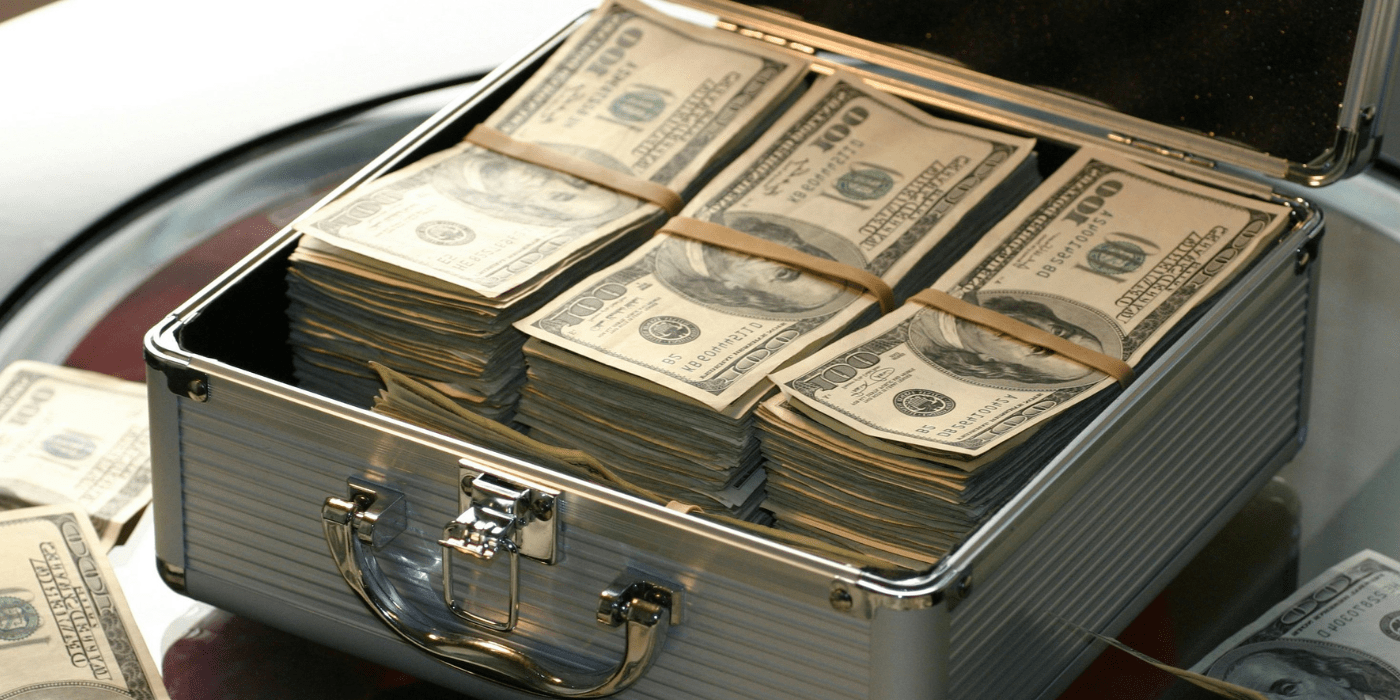Numbers and charts don’t define investing. How about building riches while enjoying life’s nicer things? Luxury investing Strategies provide financial prosperity and personal delight.
Investing in luxury offers a unique blend of exclusivity and financial gain, whether you’re acquiring rare art, prime real estate, or exquisite antique timepieces. Discover the allure of luxury investments as we delve into ways to seamlessly integrate them into your financial strategy.
1. Introduction to Luxury Investments
A luxury investment is a way of life and a way to build wealth; it’s more than simply a buy. Think about what it would be like to possess a historic home or an artwork by a famous artist. The delight they offer is only the beginning; these assets have the potential to grow in value over time.
2. Why Invest in Luxury Items?
Why are luxury investments so attractive? To kick things off, they usually have their own value and aren’t as swayed by market ups and downs. Plus, they’re real and give you that feeling of pride and ownership. Why not own a vintage car instead of just watching stock tickers all day?
3. Fine Art: Timeless Elegance
Investing in fine art is all about snagging a piece of history and culture. Art from legends like Monet and Warhol has turned out to be pretty solid investments.
Why it works:
Art appreciates over time due to its limited supply and high demand among collectors.
How to get started:
Research galleries and auction houses, or explore online platforms specializing in art sales.

4. Luxury Real Estate: Where to Begin
Buying real estate has always been a good way to make money, but buying expensive real estate is even better. Like penthouses in New York City or castles in Tuscany. Not only do these homes offer luxurious living areas, but they also tend to increase in value more quickly than other homes.
Key tip: Location is everything. Focus on prime areas with strong demand.
Read Now: Dreman Contrarian Investment Strategies Explained
5. Collectibles: From Watches to Wine
From vintage Rolex watches to bottles of rare wine, collectibles are a versatile luxury investment.
Watches: Limited-edition timepieces from brands like Patek Philippe can fetch millions at auctions.
Wine: Fine wine improves with age, both in flavor and value. Consider investing in regions like Bordeaux.
6. High-End Cars: Not Just for Driving
Classic cars like Ferraris or Aston Martins have become highly sought-after investments. Beyond their aesthetic appeal, they often increase in value when well-maintained.
Pro Tip: Keep the car’s original parts and documentation intact to maximize its resale value.
7. Precious Metals and Jewelry
Gold, platinum, and diamond jewelry have long been symbols of wealth. But did you know they can also be a solid investment? Their enduring value makes them a great hedge against inflation.
How to invest:
Focus on unique designs, rare stones, or limited-edition pieces.
8. Luxury Fashion as an Asset
Brands like Hermès and Chanel have created handbags and clothing lines that appreciate over time, much like stocks. For example, the Hermès Birkin bag has outperformed the S&P 500 in recent years.
Investment tip: Condition and authenticity are critical. Always keep the original packaging.
9. Risks and Rewards in Luxury Investments
Every investment comes with risks, and luxury assets are no exception. They can be illiquid, meaning they might take time to sell. However, their exclusivity often ensures stable demand.
Mitigation strategies:
- Diversify your portfolio.
- Work with industry experts to authenticate and appraise items.
10. Diversifying Your Luxury Portfolio
A well-rounded luxury portfolio might include a mix of art, jewelry, real estate, and collectibles. This diversification spreads risk and maximizes returns.
Example: Pair a collection of fine wines with a piece of real estate in a booming market.

11. The Role of Authenticity and Rarity
Authenticity is the backbone of luxury investments. Counterfeit items can destroy value and credibility. Always source your investments from reputable dealers.
Rarity matters: The rarer the item, the higher its potential value.
Read Now: Gold Investment Strategies: Secure Your Financial Future
12. How to Start Your Luxury Investment
Starting is simpler than you think. Begin by identifying your interests. Are you passionate about art or fascinated by luxury cars? Combine this passion with thorough research and expert advice.
13. Tax Considerations in Luxury Investments
Luxury investments often come with unique tax implications. For instance, selling a high-value artwork might incur capital gains tax. Consulting a tax professional can help you navigate these complexities.
14. Future Trends in Luxury Investments
Technology is shaping the luxury investment space. From digital platforms for buying art to blockchain for verifying authenticity, the future looks bright for luxury assets.
Emerging trend: Fractional ownership allows you to invest in high-value items like yachts or private jets without owning them outright.
Bottom Line
Luxury investments offer a unique blend of enjoyment and financial growth. By focusing on items with timeless appeal and rarity, you can build a portfolio that not only appreciates value but also enhances your lifestyle. Why not let your investments reflect your taste and elegance?
FAQs
1. What is a luxury investment strategy?
A luxury investment strategy focuses on acquiring high-value, tangible assets like art, real estate, or collectibles that appreciate over time.
2. Are luxury investments risky?
Like all investments, they carry risks. However, their exclusivity and intrinsic value often make them more stable than traditional investments.
3. How do I ensure the authenticity of a luxury item?
Work with reputable dealers, auction houses, and experts. Consider certifications or appraisals to verify authenticity.
4. What is the minimum budget for luxury investments?
Budgets vary widely. You can start small with items like limited-edition watches or gradually move into high-value assets like real estate.
5. Can I liquidate luxury assets easily?
Luxury assets can take time to sell due to their niche market. However, their rarity often ensures consistent demand.

